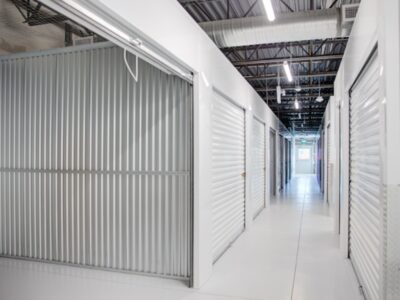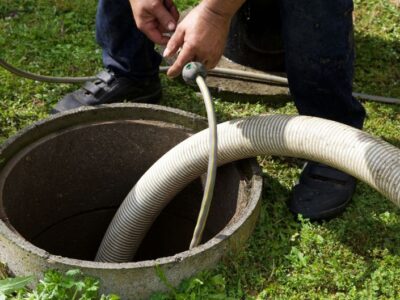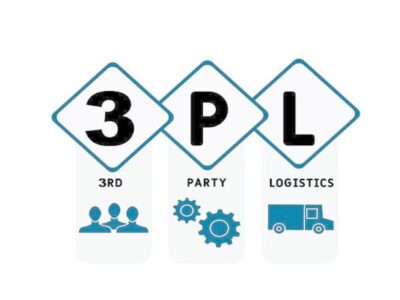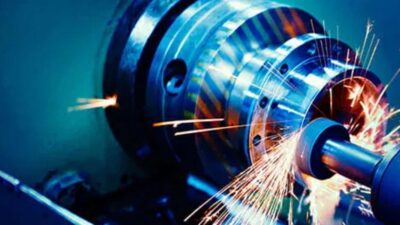The last couple of years have been pretty rough for the landscaping and labour industry. According to the Australian Bureau of Statistics, there have been over 400,000 job vacancies, which is a rise of 111.1% since 2020.
There are a number of reasons why, with the main one being the COVID-19 pandemic. Shortages derived from workers being unable to get to work because of lockdown restrictions, which in turn forced employers to make the hard decision to let some people go.
Now, in 2022, with lockdowns and restrictions being scratched, workers are going back to work. That being said, there is still a shortage of labour in industries, such as manufacturing and landscaping. How can these industries make up for the lack of manpower? The answer is employing the use of quality machinery. You need to shop smart and get equipment that is only going to complement your company.
-
Complete work faster
With labour shortages, to meet quotas and deadlines workers are going to either have to work harder, or better yet, work smarter. Some jobs naturally will require a lot of hands to get them done. Need a retaining wall installed? A trench dug up? Material moved off the back of a truck? All that to do in one day is going to take some serious manpower. With labour shortages, site managers are going to have to utilise the capabilities of machinery.
Machines can turn a 5 person job into a 1 person job. Think about what kind of machinery would be the most useful to your company. A mini skid steer can do a lot of the labour work, improving the productivity and efficiency of the worksite. Skid steers can carry large loads, or heavy objects like a medium-sized tree, dig a hole, and can be easily manoeuvred around the site.
If the site needs a trench dug up, don’t spend hours of your time digging it by hand. Get a trencher, they’re easy to use and can be guided by the operator without much hassle. They’ll reduce the time taken to dig a trench, from an entire afternoon, to less than an hour.
-
Easy to use
Ensuring workers are able to easily understand and use machinery is key to getting the job done properly. Before purchasing machinery it’s a good idea to go through its ergonomics and useability. If the machine isn’t designed with user ease in mind, it will hinder your work.
Because of labour shortages, it’s imperative to have equipment that is easy to use. This means minimal training is required and more people can use it.
-
Reliable and easy to service
An unfortunate part of machinery operation is that it will need to be serviced and sometimes even mended. That being said, it’s no use having equipment that spends more time on the mend than it does working. Landscapers will need equipment that’s going to last and be easy to repair.
To use the mini skid steer again as an example, they should have easy access service points. When you lift up the panel, everything you need should be there. This reduces time spent trying to work out where everything is, or trying to fix awkward-to-reach parts.
-
Adaptable
Machines cost a lot to purchase, operate and service. It’s another part of machinery that’s unfortunate, but you can make it easier on yourself. You’ll want to get machinery that will be used as often as possible. It’s no use having machines that just never get used, because they’re only fitted to do one job.
Search the market for equipment that can adapt and do several jobs. Skid steers, for example, can take on a multitude of different jobs, such as digging and trenching.
Time to shop
For landscaping equipment that is both powerful and easy to use, we recommend Vermeer’s range. Their products are designed with the operator in mind, and are therefore ease to use, but also powerful and adaptive. Take the S925TX as an example, it’s designed to be operated through rough conditions without the hindrance of operator comfort.











Comments